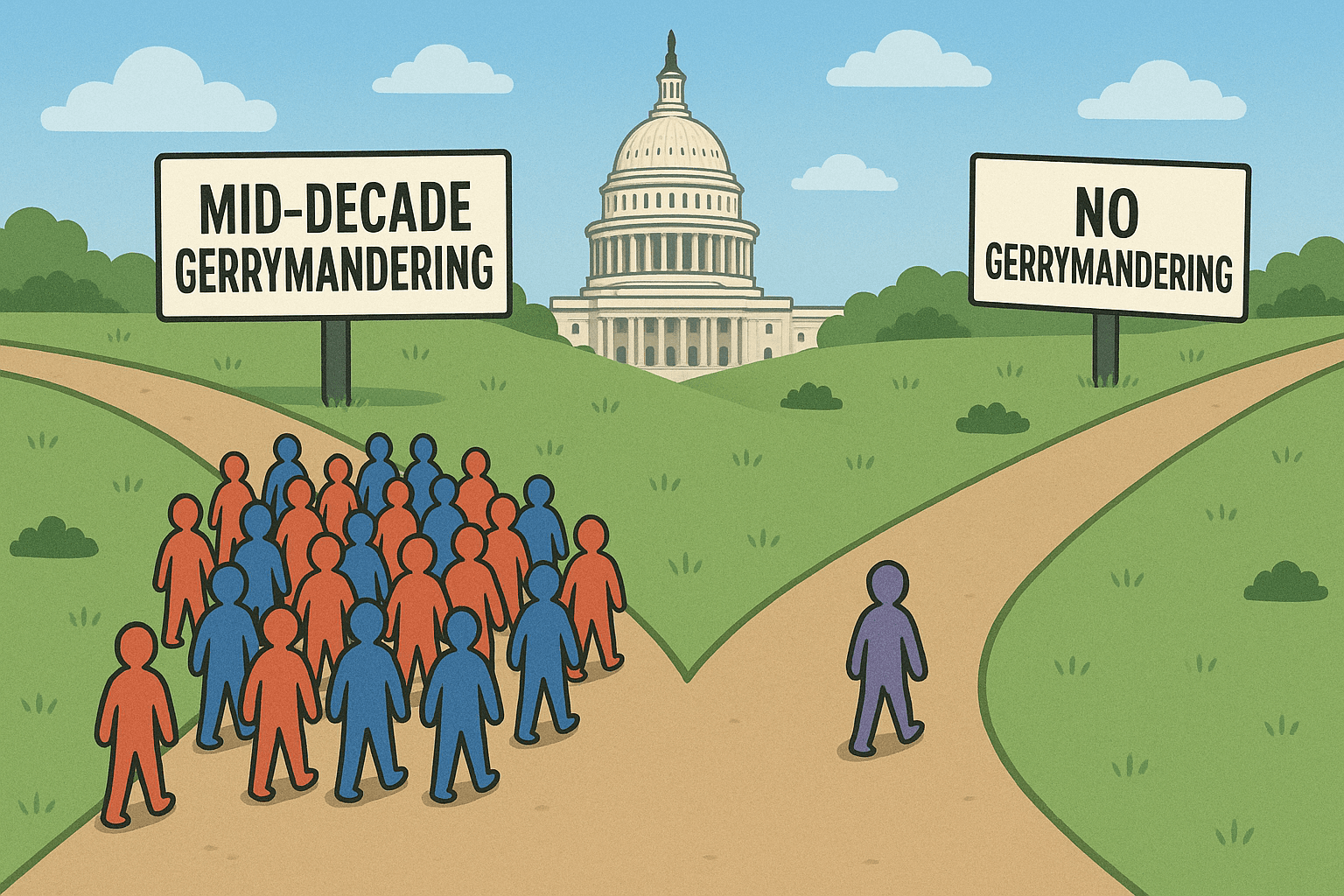Ohio Governor John Kasich Signs Controversial Budget Bill


After the US Supreme Court last week struck down the Defense of Marriage Act, more shots are being fired in the culture wars. Rather than setting the stage for same-sex marriage, Ohio joins Texas in introducing state measures restricting abortion.
While Texas has drawn, and continues to draw, huge protests for its own version, the Buckeye State, with Republican Ohio Governor John Kasich signing the annual budget into law, joined the fray.
Among the controversial parts of the passage are the defunding of Planned Parenthood and the ending of subsidized contraceptives. Also included were enhanced regulations of abortion clinics, the establishment of new funding for pregnancy centers, and the heartbeat informed consent requirement. Heartbeat informed consent has sometimes been called "mandatory invasive ultrasounds" by critics for compelling women seeking an abortion to first undergo an ultrasound.
Bundled in with the anti-abortion matters were tax cuts, investments in the Ohio highway system, a new funding paradigm for the state's public colleges and universities, and reform to the state's Medicaid operation. Kasich also used his line-item veto power twenty-two times.
Ohio Right-to-Life President Mike Gonidakis praised Kasich's move:
"Low-income pregnant women will now receive greater care and their unborn child will have a much greater opportunity to be born healthy. . . ."We should all take great comfort in knowing that the majority of our state leaders values precious human life as well as higher standards for women's health care."
On the other side, abortions rights groups and activists immediately pounced on the passage. A writer at Slate headlined a story covering the budget, Ohio Simultaneously Makes it Harder to Prevent a Pregnancy and Harder to Terminate One.
Kasich had already branded himself as a pro-life governor when in 2011 he signed a ban on all abortions at least twenty weeks along. Now his state becomes one of the most restrictive on abortion.
In Texas, and now in Ohio, the lines on both sides of the abortion debate remain strictly drawn. Both sides also continue looking to the government for a solution to the issue. In the case of Ohio, it is replacing funding to Planned Parenthood and giving it to pregnancy centers.
These measures also surface in a political environment that follows the Kermit Gosnell trial. Gosnell was the abortion provider where late-term abortions were illegally performed, live-born babies were murdered, and whose Philadelphia clinic was mired in grossly unsanitary conditions.
One certainty is clear from the recent events. The culture wars are not finished being fought and the levers of government continue to be the arena where most of those battles are being fought.



